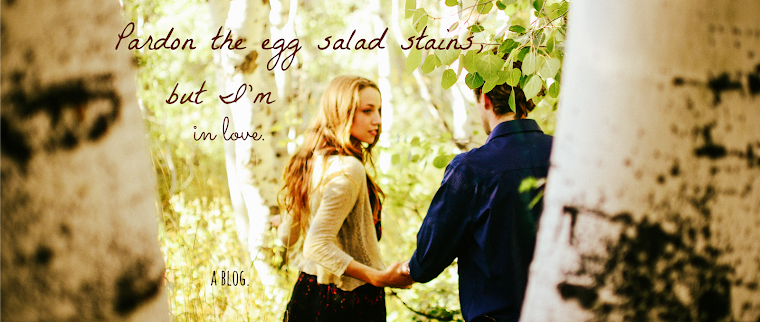One of the minor drawbacks of being a pivotal center of electromagnetic energy is that unsophisticated technology (or any technology, come to think of it) has trouble functioning in my presence.
The weak ones just give up the ghost and short circuit (i.e. every microphone in every show i've ever participated in). The more proactive ones throw themselves into harm's way (phone ran over by car), take their own life (phone down the toilet on an already awkward first date), or simply run away (phone that left itself somewhere in Oregon, or, most tragically recent, netbook and ipod that sneakily stowed away in the taxi my first day in Paris).
This minor drawback evolves into something of a rather major drawback when I happen to be in Paris, already computer and music-less, and my previously stalwart digital point and shoot camera or its memory card (but probably both) decides it's had enough of my harmful rays and it's high time to conduct a bloody revolution of its own, effectively sending ALL of my pictures to the guillotine.
This Reign of Terror has left me hollow and sobered and a rather poor blogger from now on, I'm afraid (I was planning on amazing and delighting with everything I've been seeing an learning in my photog class). I don't mean to complain or anything, but WHY ME!? Ce n'est pas juste!
If you sais que je mean.
Love, loss, and no photographic evidence that I'm having the time of my life,
Banana
P.S. All this is made significantly better by the memory of seeing Fleet Foxes live last night (In fact, today when I went to this cute hipster photography store, Lomography [here], to soothe the blow with some food for my Holga, the guy who worked there asked me if I was at the concert and I said why yes I was. And he said it was incredible and I agreed and he said it was really really hot though and I said yeah it was really hot. And then I smiled at how amazing the conert was and he smiled at how bad my french is). Wow. I'm going nuts with parentheticals.

























